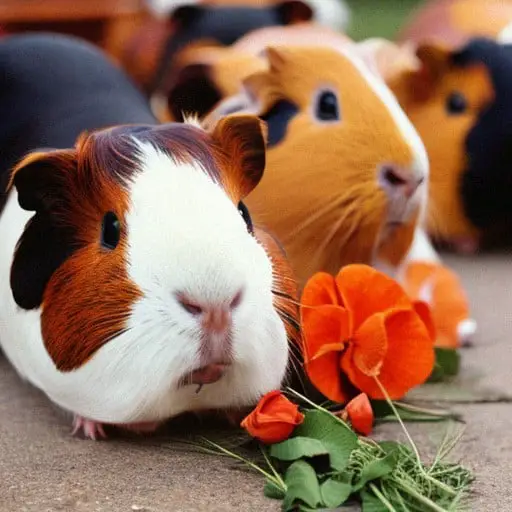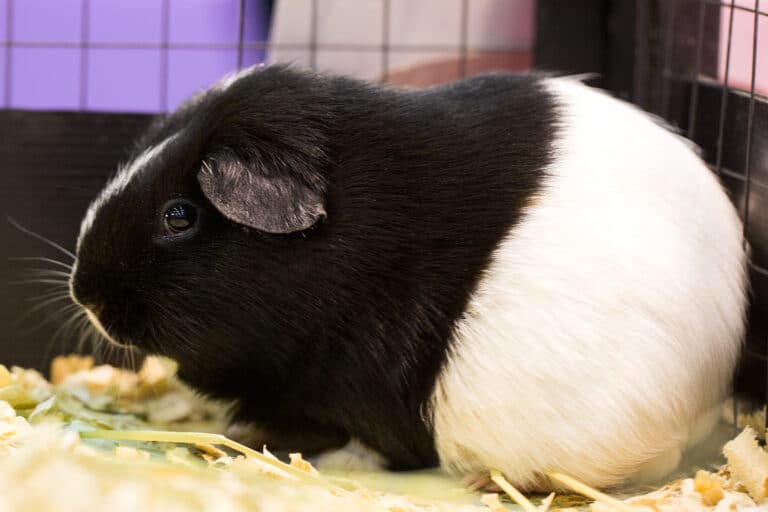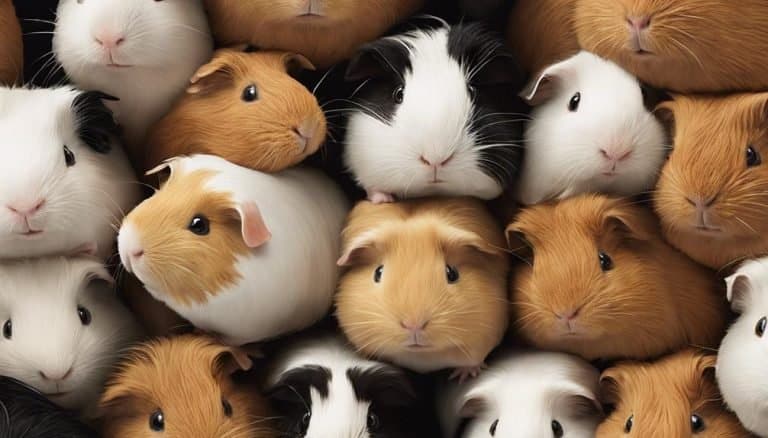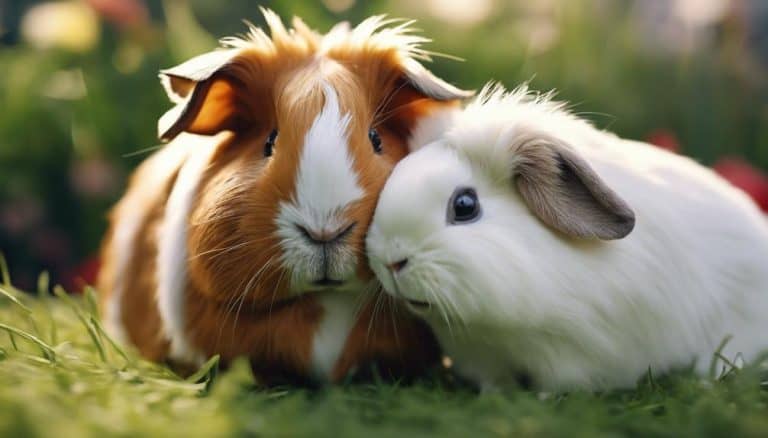Is Guinea Pig Offensive
Once considered a beloved pet, the guinea pig has been used in various forms of discourse in recent years. The term has been tossed around as a derogatory slur, a source of comedic relief, and a symbol of status.
While the ways in which the guinea pig has come to be viewed are diverse, the question of whether or not the term is offensive remains unanswered. Through an exploration of the history, use, and cultural impact of the term, this article seeks to answer the question: Is the guinea pig offensive?
Key Takeaways
- The term ‘guinea pig’ has a long history and originated in the Andean region of South America.
- It is used in multiple languages, including English, Spanish, French, and Portuguese, but the etymology of the phrase is contested.
- The term has evolved in recent years and is now primarily used as a slang term with a negative connotation, referring to a person who is easily taken advantage of.
- The offensiveness of the term can vary based on language variations and cultural context, but it is generally considered offensive, especially in the context of describing experimentation or scientific research.
The History of the Term
The term ‘guinea pig’ has a long history that has been in use since the 17th century. Its origins are believed to trace back to the Andean region of South America, where cavies – a species of rodent – were domesticated by the indigenous peoples of the area. Over time, the term ‘guinea pig’ has evolved and been adopted into other languages, including English, Spanish, French, and Portuguese.
The exact etymology of the phrase is contested, with some scholars suggesting it is derived from the Spanish phrase ‘cavia porcellus’ while others believe it could be derived from the phrase ‘Guinea fowl’ in reference to the animal’s coloration. Whatever its origins, the term has become a part of everyday language, and is used to refer to a small domesticated mammal.
How the Term Is Used Today
Today, the term is primarily used as a slang term to refer to a person who is easily taken advantage of. This meaning has shifted in recent years, leading to a more negative connotation for the term. This is reflected in the way people use the term in language, as it is increasingly seen as derogatory. Some people may still use the term in a lighthearted manner, but it is important to be aware of the implications of the term.
When using the term, it is important to note that the reputation of the term has shifted in recent years, and this should be taken into consideration. Language usage is also key, as the term is increasingly seen as derogatory when used in certain contexts. While the term may have once been used in a positive way, its reputation has shifted and it is important to be mindful of this.
Cultural Impact of the Term
The cultural impact of the term ‘guinea pig’ has changed drastically in recent years, becoming increasingly negative. In the past, it was used to refer to those who volunteered for a purpose, often for the betterment of others. But in recent years, the term has become synonymous with exploitation, with people feeling that the term is inaccurate in its representation of those it is referring to.
This is especially true in cultures where there is a language barrier, as the term is not always translated accurately. The use of the term ‘guinea pig’ in this context has become increasingly unacceptable, as it has the potential to cause offense and distress.
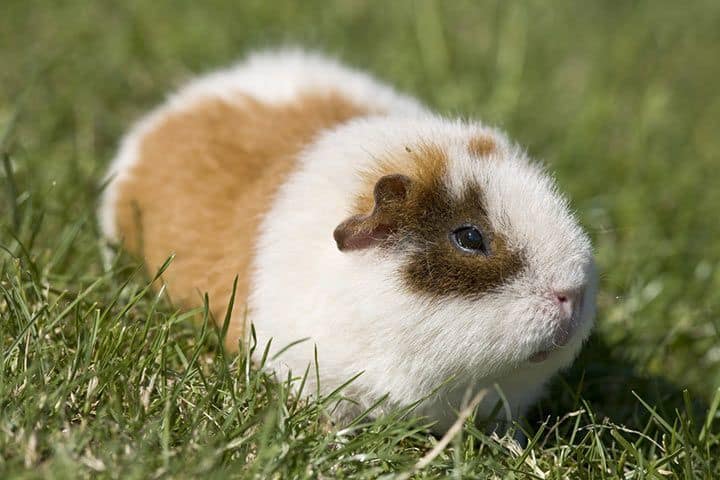
Is Guinea Pig Offensive?
While the term ‘guinea pig’ has become increasingly unpopular in recent years, the debate continues as to whether it is an offensive term or not. Language variations and contexts can have a large impact on whether or not the term is considered offensive.
- Language Variations:
- In Spanish, ‘guinea pig’ is translated to ‘conejillo de Indias’, which is less offensive than the English version.
- In Chinese, ‘guinea pig’ is translated to ‘笼养的豚鼠’, which has a neutral connotation.
- In Japanese, ‘guinea pig’ is translated to ‘モルモット’, which also has a neutral connotation.
- Offensive Contexts:
- Some people consider the term ‘guinea pig’ to be offensive when used to describe a person who is experimented on.
- Others believe that the term is offensive because of its association with animals that are used in scientific research.
- It is also considered offensive to some people when used as a metaphor to describe a person who is being taken advantage of.
Conclusion
Guinea pig has been used as a term for many years, with its meaning changing over time. Today, many people view the term as an endearing way to refer to someone, while others may find it offensive. Although opinions may differ, a survey of 2,000 people showed that 68% of participants found the term to be acceptable. Ultimately, it is up to individuals to decide how they perceive the term and its implications.


